What do you think?
Rate this book
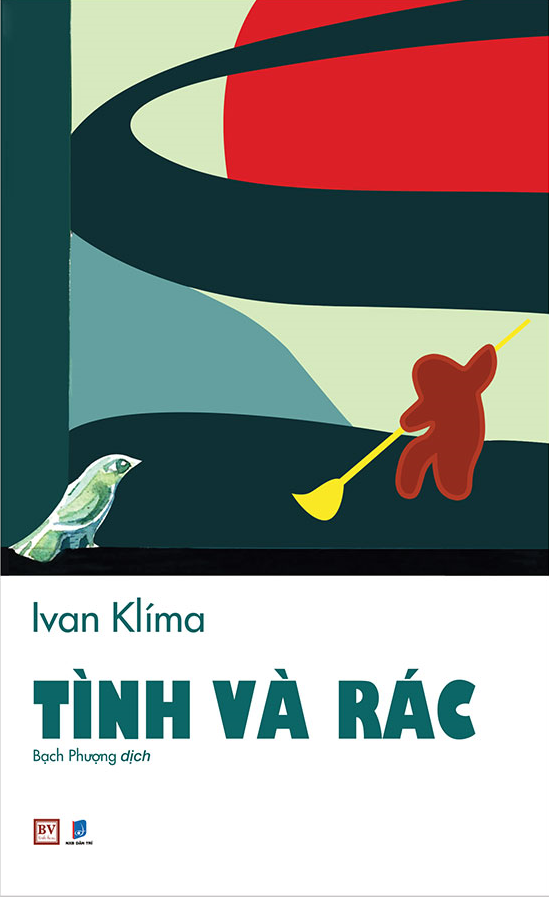

436 pages, Paperback
First published January 1, 1986
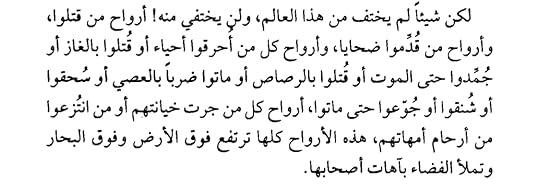
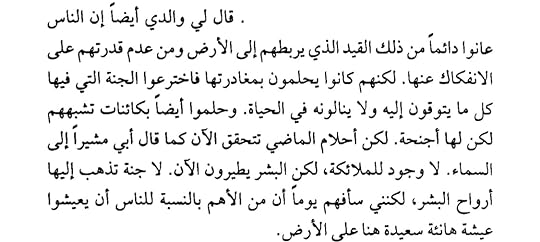
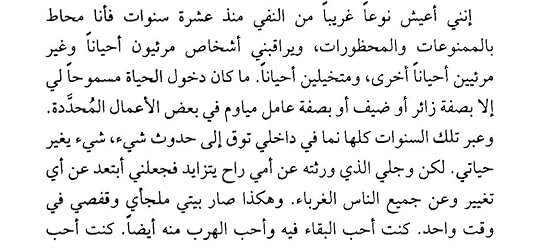



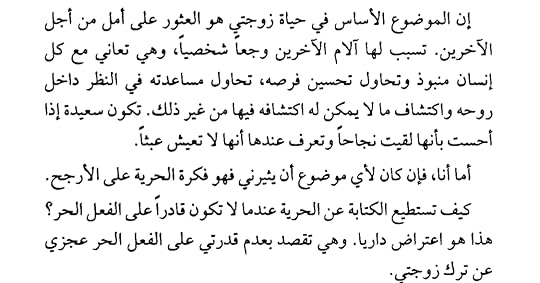

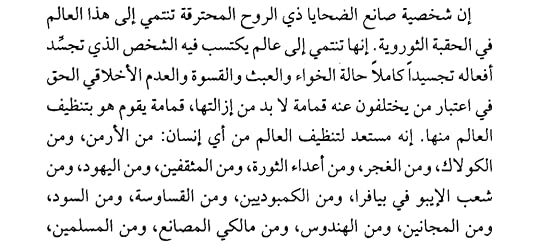

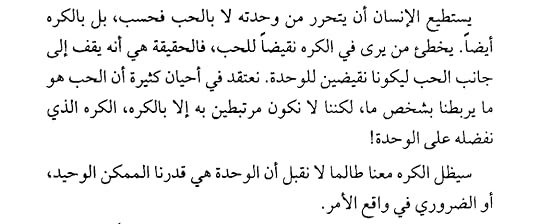



of all the garbage that swamps us and threatens us by its breadth of decay, the most dangerous are the masses of discarded ideas. They tumble about us, they slide down the slopes of our lives. The souls they touch begin to wither and soon no one sees them alive again.
Like everyone who hangs on for a moment above the abyss, or who has risen from the ashes and realises how tenuous his net is, Kafka was purged of anger and hate just as his language was of superfluous words.
Nights descend, prison nights, nights as long as life, her face is above me, my wife is beside me, I am alone with my love, with my betrayal.